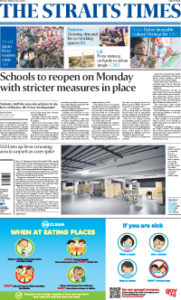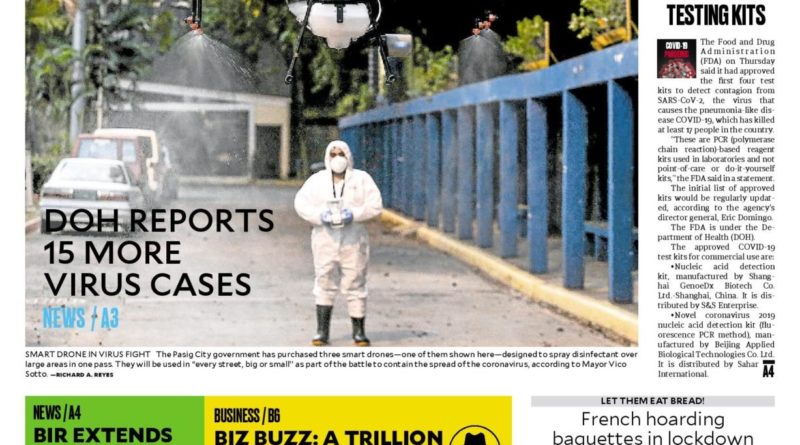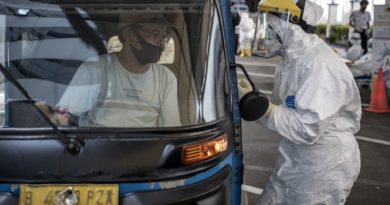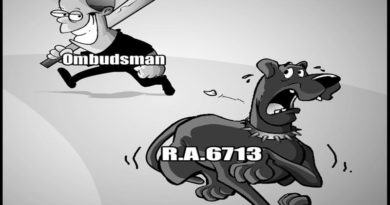ASEANEWS: COVID-19: HÀ NỘI- Food security must be ensured in every circumstance: Prime Minister Nguyễn Xuân Phúc said
Food security must be ensured in every circumstance: PM
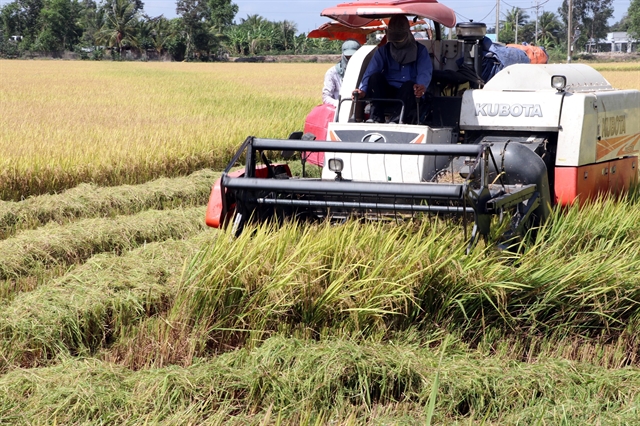
HÀ NỘI — Việt Nam was among the top rice exporters in the world but still ranked at an average level of food security, Prime Minister Nguyễn Xuân Phúc said on Wednesday, calling for solutions to tackle shortcomings of the country’s agriculture production and food security.
The nation ranked 54th among 113 countries and territories worldwide on the Global Food Safety Initiative (GFSI) index in 2019.
“Food security must be ensured in every circumstance. Food is an essential, necessary commodity that needs to be stable in every circumstance,” the PM said, adding that Việt Nam’s food security contributed to global food security but first of all, sufficient supply must be ensured for the nearly 100 million Vietnamese.
Addressing an online conference on the implementation of National Project on Food Security in the last 10 years, Phúc said now was the age of the Fourth Industrial Revolution, but many things can’t be virtual.
He said amid the COVID-19 crisis, recently people had rushed to hoard food after hearing reports of new infection cases.
“As soon as being informed about the hoarding, I called and ordered Việt Nam Northern Food Corporation to supply enough rice to people, even to sell rice until 11pm to stabilise the market,” he said, adding that stable food reserves in any circumstance were very important.
“Food security becomes a more crucial issue for every nation, particularly in the context of politic instability, negative impacts of climate change and unconventional security, for example, a global pandemic,” he said.
The National Food Security Project was launched in 2009, concretising a conclusion of the Politbureau on major tasks to develop Việt Nam’s agriculture and rural areas to ensure national food security, socio-economic development and political stability.
The tasks included planning agriculture production to ensure food security, meet demand in any circumstance, improve Vietnamese’s meals, increase nutrition, take advantage of rice production and make food become a competitive commodity.
The Politbureau also confirmed the need to speed up mechanisation. Agriculture production, including processing and storing, must be industrialised, modernised and friendly to the environment. The Politbureau also required a balance between domestic consumption and exports, a system of food trade and reserves so people can easily access food of high quality.
According to the Ministry of Agriculture and Rural Development, during 10 years of implementing the Politbureau’s conclusions, Vietnamese agriculture achieved yearly growth of 2.61 per cent.
From 2009 to 2019, the country’s rice production increased from 39.17 million tonnes to 43.4 million tonnes.
Việt Nam’s per capita food production was 487kg in 2009 and more than 525 g per year in 2019. The country is one of the three rice exporters in the world as it ships 6.5-7 million tonnes of rice abroad yearly.
In the last 10 years, 9.6 million rural workers were given training courses, 90 per cent of them got new jobs or still stayed in their previous jobs but earned more. The income of people in rural areas reportedly increased 4.3 times in the last 10 years, leading to their increased access to food.
The malnutrition rate dropped from 18.2 per cent during 2004-06 to the current 10.8 per cent.
Each Vietnamese person on average ate 132kg of rice in 2008 but only about 97kg in 2018. Meanwhile, average meat consumption increased from 17kg in 2008 to 26kg in 2018.
It is estimated that in 2030, Việt Nam will have a population of 104 million people and each person will consume about 95.2kg of rice per year. To meet domestic demand and realise the target of exporting 4.5 million tonnes of rice as planned in the National Rice Market Development Strategy, the country needs to keep 3.5 million ha for growing rice to produce about 35 million tonnes.
Until last year, there were 15,300 agricultural co-operatives with 73 per cent of them reportedly operating effectively. About 12,600 enterprises invested in agriculture. — VNS
Ads by: Memento Maxima Digital Marketing
@ [email protected]

– SPACE RESERVE FOR YOUR ADVERTISEMENT
TEDDY “BEAR” LOOK SiN

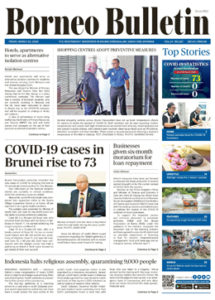
.
Ads by: Memento Maxima Digital Marketing
@ [email protected]

– SPACE RESERVE FOR YOUR ADVERTISEMENT

.
Ads by: Memento Maxima Digital Marketing
@ [email protected]

– SPACE RESERVE FOR YOUR ADVERTISEMENT
